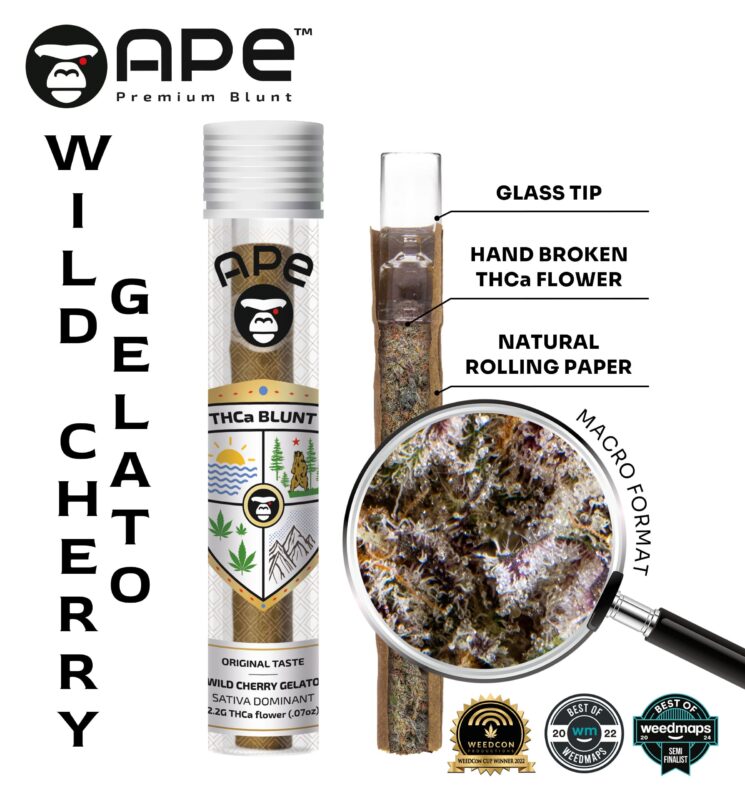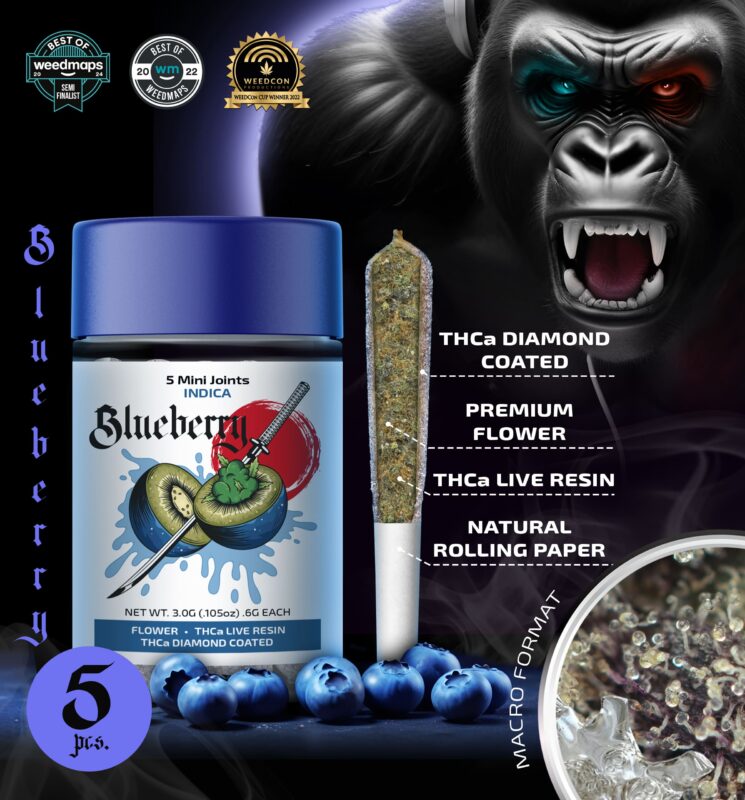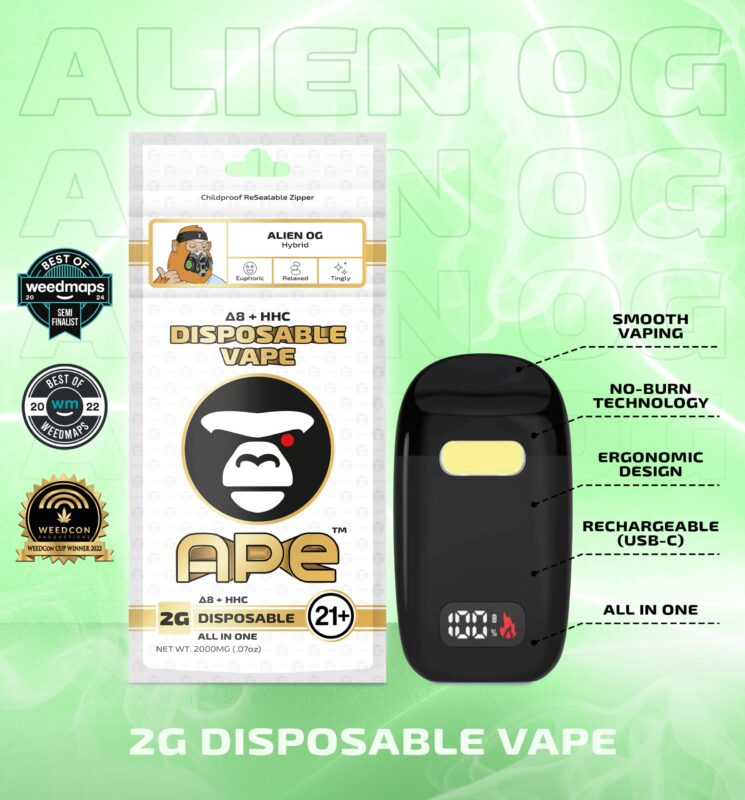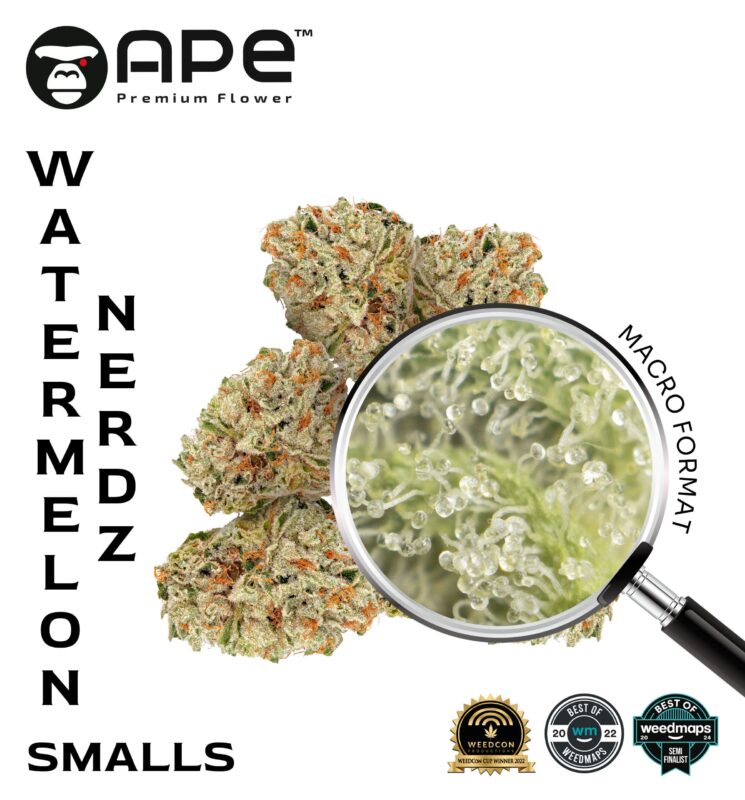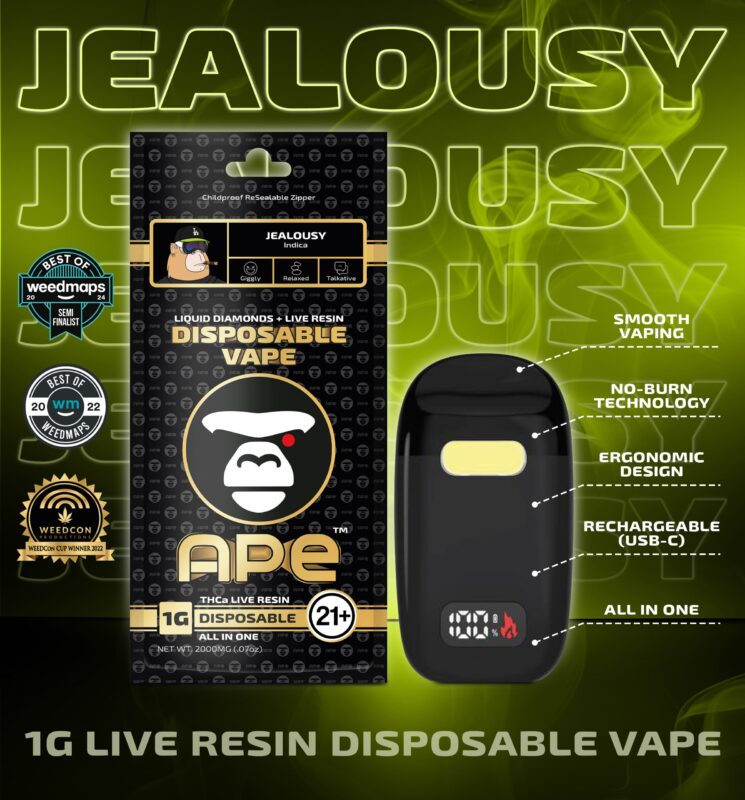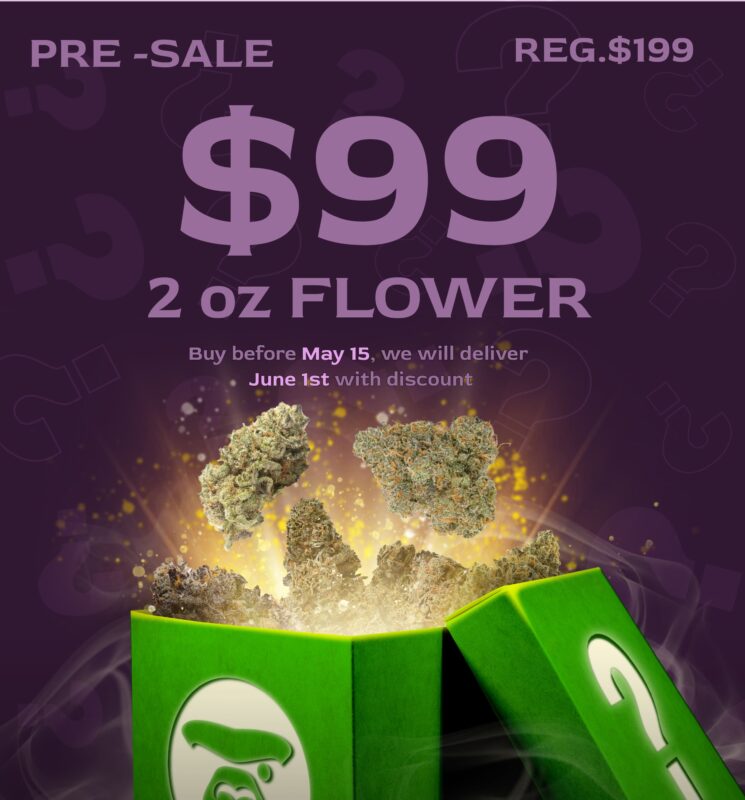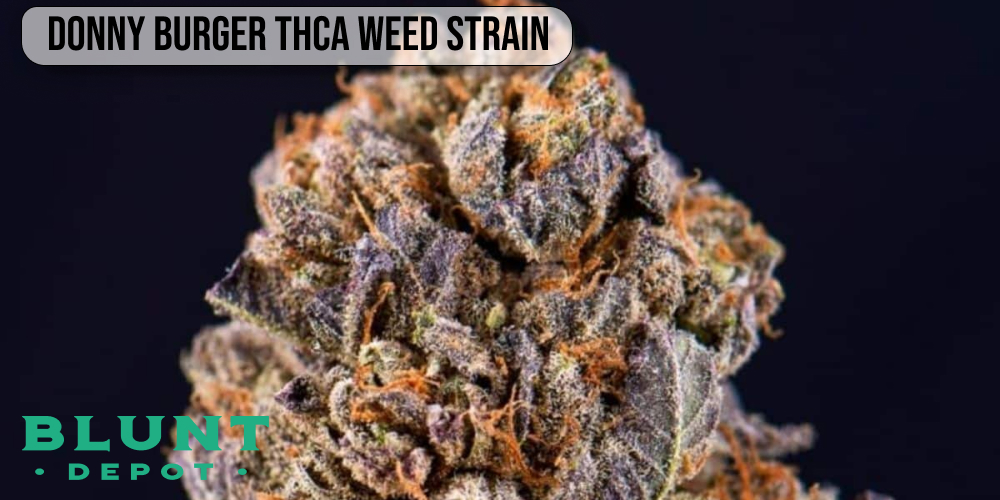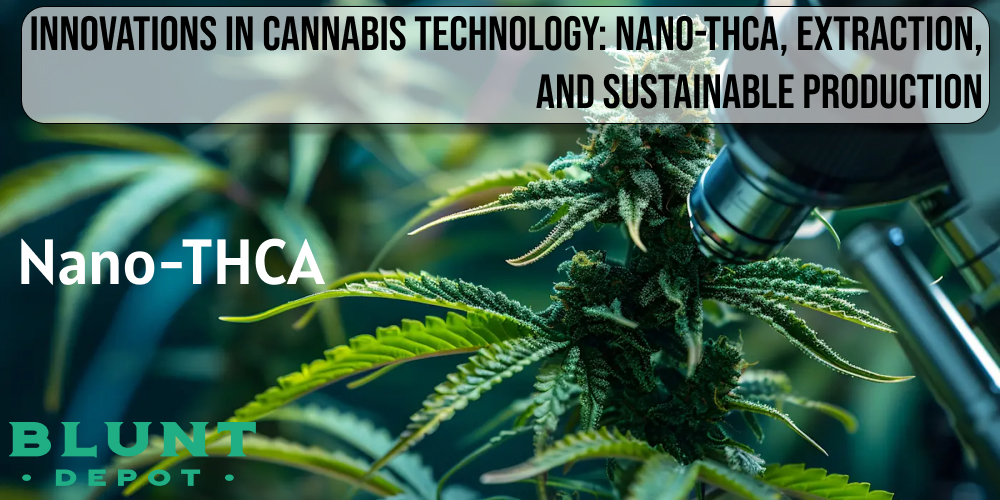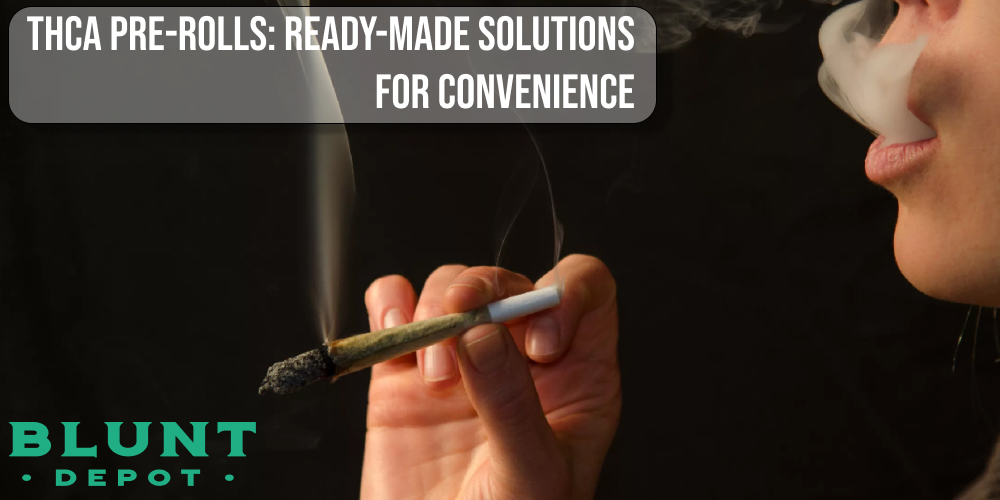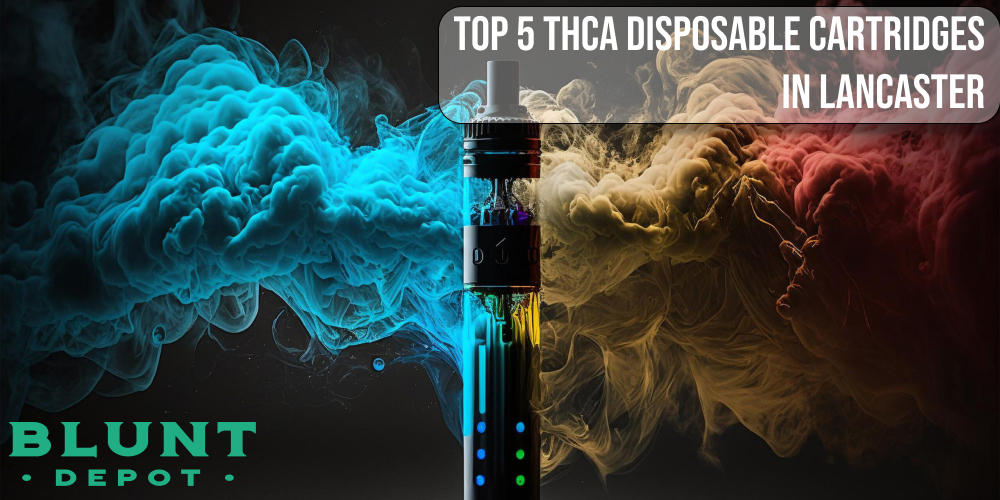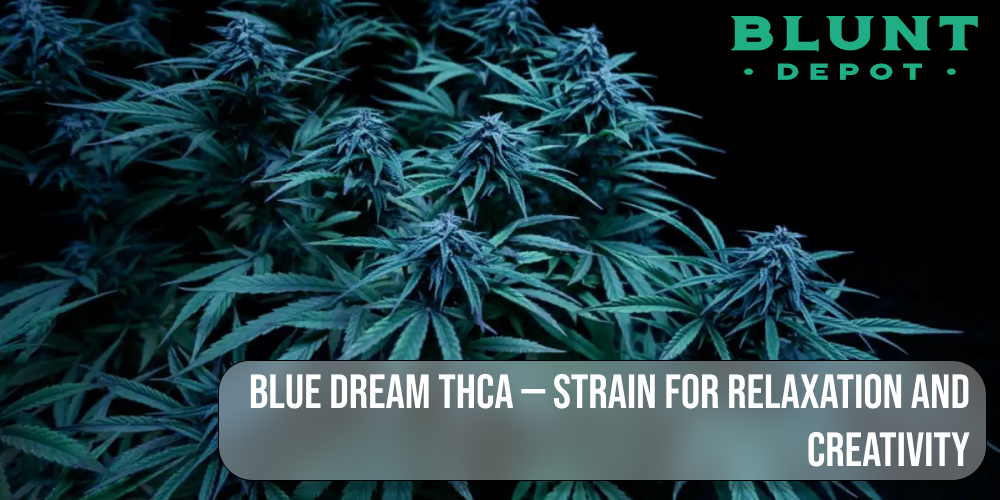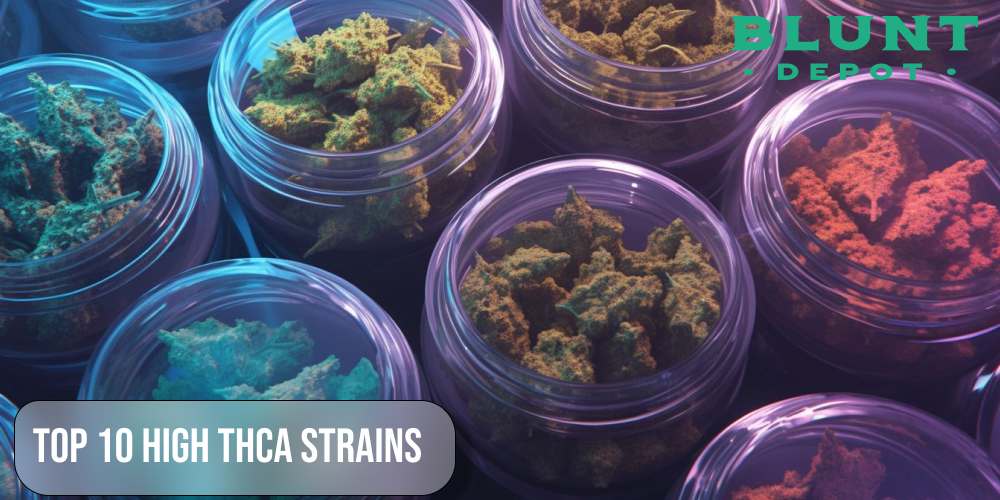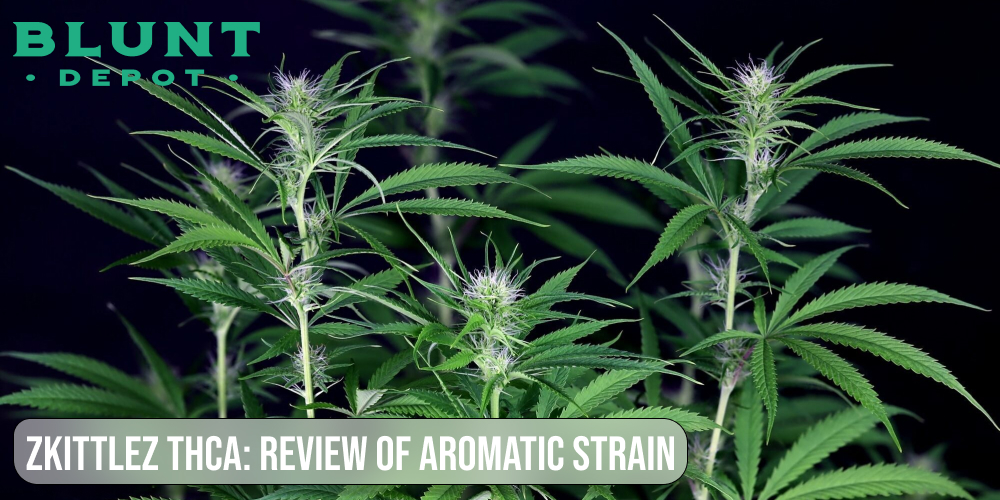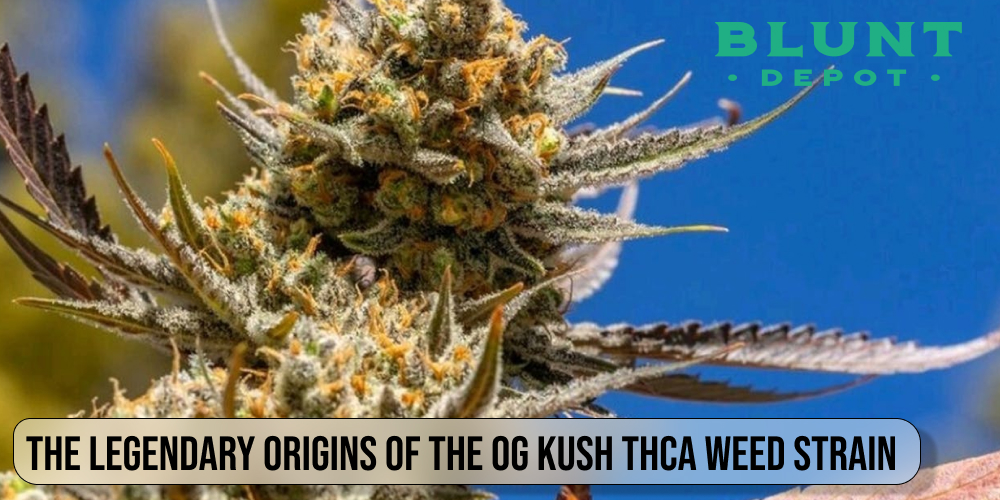Learn more about !
What is the difference between THCA flower and Delta-8?
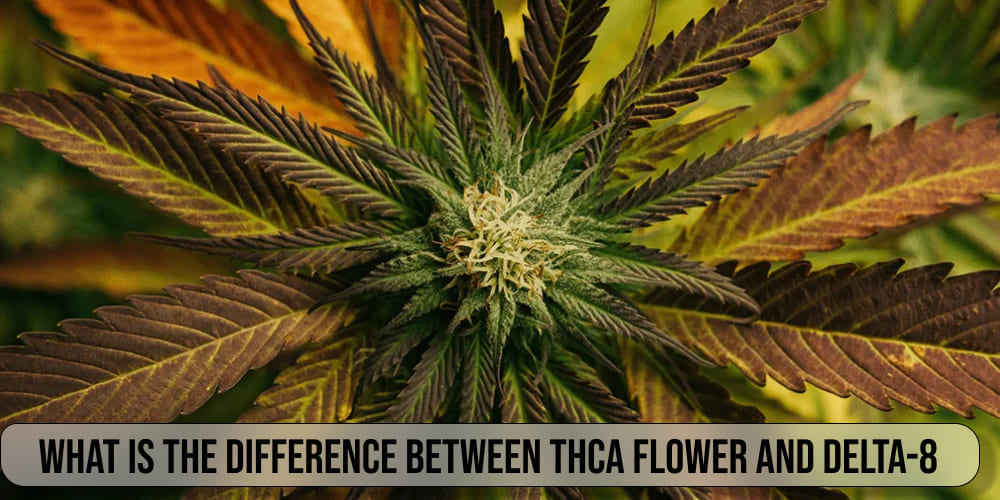
With the cannabis market expanding rapidly, more consumers are asking “What is the difference between THCA flower and Delta-8?” These two products may look similar at first glance, but they differ greatly in composition, effects, legality, and production methods. THCA (tetrahydrocannabinolic acid) is the non-psychoactive precursor to THC found in raw cannabis. THCA flower is essentially cannabis harvested and cured to preserve this compound. When heated, THCA converts to Delta-9 THC, the main psychoactive cannabinoid.
Delta-8 THC, however, is a different compound entirely. Although it occurs naturally in cannabis, it’s found in very small quantities, so most commercial Delta-8 products are synthesized from hemp-derived CBD. Unlike THCA flower, Delta-8 is psychoactive in its original form and produces a high that many describe as milder and more clear-headed than Delta-9 THC. Understanding these core distinctions is the foundation for answering “What is the difference between THCA flower and Delta-8?” in a meaningful way.
Key starting points:
- THCA flower is raw cannabis high in THCA; Delta-8 is a processed cannabinoid.
- THCA is non-psychoactive until heated; Delta-8 is psychoactive by default.
- Their sources, effects, and legal status differ significantly.
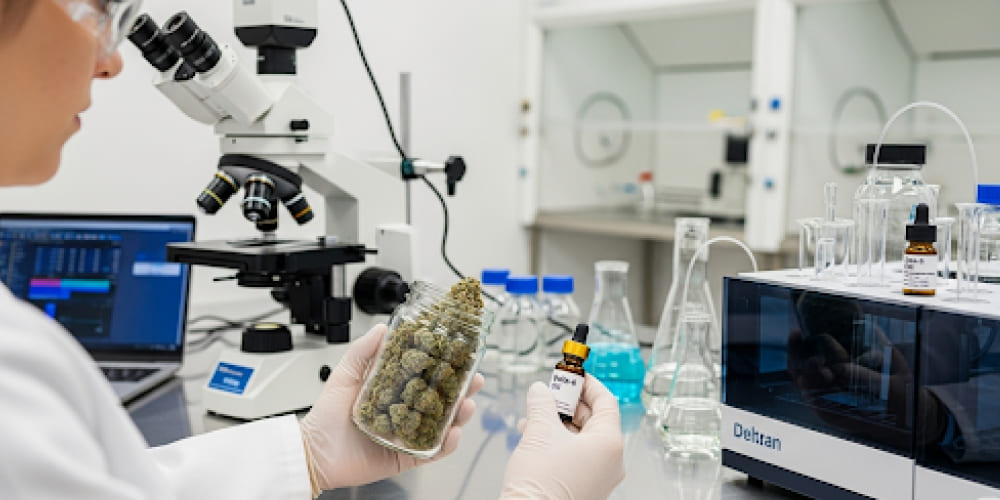
Chemical Structure and Psychoactivity
One of the main angles to explore when asking “What is the difference between THCA flower and Delta-8?” is the difference in their chemical makeup. THCA’s molecular structure contains an extra carboxyl group that prevents it from binding efficiently to CB1 receptors in the brain, which is why it does not produce a high in its raw state. When heated — through smoking, vaping, or cooking — THCA undergoes decarboxylation, losing that carboxyl group and becoming Delta-9 THC, which is strongly psychoactive.
Delta-8 THC is already psychoactive without any heating. Its chemical structure is almost identical to Delta-9 THC but with a slight shift in the position of a double bond. This small difference changes how it binds to receptors, often resulting in a gentler, more clear-headed high. This chemical detail is central to answering “What is the difference between THCA flower and Delta-8?”, as it explains why one needs heat activation and the other does not.
Chemical distinctions:
- THCA requires decarboxylation to become psychoactive.
- Delta-8 is psychoactive in its existing form.
- Structural differences alter how each affects the brain.
Natural vs. Manufactured Origins
Another critical factor in “What is the difference between THCA flower and Delta-8?” is how each is sourced. THCA flower is simply cannabis harvested and cured with the goal of preserving its THCA content before activation. It is a natural product, representing the plant in its raw form, with all its cannabinoids and terpenes intact.
Delta-8, in contrast, is rarely extracted directly from cannabis in usable quantities because it appears naturally only in trace amounts. Instead, most Delta-8 is produced by chemically converting CBD (often from legal hemp) into Delta-8 THC using catalysts and solvents. While reputable producers ensure purity through lab testing, this manufacturing process makes Delta-8 a semi-synthetic cannabinoid in most cases. This origin story is a key part of “What is the difference between THCA flower and Delta-8?” because it shapes both consumer perception and regulation.
Origin points:
- THCA flower is natural cannabis in raw form.
- Delta-8 is usually synthesized from hemp-derived CBD.
- Production methods influence legality and purity.

Effects and User Experience
From a user’s perspective, “What is the difference between THCA flower and Delta-8?” often comes down to how each feels. In its raw form, THCA flower is non-psychoactive, offering potential wellness benefits like anti-inflammatory or neuroprotective effects without a high. When heated, it becomes Delta-9 THC, delivering the traditional cannabis experience — euphoric, uplifting, and, depending on the strain, relaxing or energizing.
Delta-8 THC produces a high that’s typically described as more mellow and less anxiety-inducing than Delta-9. Many users find it easier to stay functional and focused while using Delta-8, making it appealing for those who want a manageable psychoactive experience. This contrast in effects is one of the clearest answers to “What is the difference between THCA flower and Delta-8?” for everyday consumers.
Effect differences:
- Raw THCA = wellness benefits without intoxication.
- Heated THCA = traditional Delta-9 THC high.
- Delta-8 = milder psychoactive experience.
Legal Differences
When addressing “What is the difference between THCA flower and Delta-8?”, legal status is a major consideration. In the U.S., hemp-derived Delta-8 is federally legal under the 2018 Farm Bill if it contains less than 0.3% Delta-9 THC. However, many states have enacted their own laws banning or restricting Delta-8 due to safety and regulatory concerns.
THCA flower’s legality is more complex. Under federal law, if the total THC content (after potential decarboxylation) exceeds 0.3%, it’s classified as marijuana, which remains illegal federally. Some states allow high-THC cannabis for medical or recreational use, while others ban it entirely. This makes legality one of the most variable aspects of “What is the difference between THCA flower and Delta-8?”
Legal contrasts:
- Delta-8: federally legal if hemp-derived, but restricted in some states.
- THCA flower: legality depends on potential THC levels and state laws.
- Regulations can be the deciding factor in availability.

Methods of Consumption
Another part of “What is the difference between THCA flower and Delta-8?” involves how they’re consumed. THCA flower can be eaten raw for non-psychoactive benefits, or heated through smoking, vaping, or cooking to activate Delta-9 THC. This gives it a dual-purpose appeal: wellness supplement or traditional cannabis high.
Delta-8 products are sold in ready-to-use formats like vape cartridges, gummies, tinctures, and capsules. Because Delta-8 is already active, no heat is necessary for psychoactive effects, though vaping offers faster onset. For many consumers, the choice between them depends on whether they want THCA’s versatility or Delta-8’s convenience.
Consumption takeaways:
- THCA: raw for wellness, heated for psychoactivity.
- Delta-8: psychoactive as-is in multiple product forms.
- Choice depends on lifestyle and preferences.
Top THCA for a productive morning
The Best Citrus THCA Strains
Top 5 THCA Products for Inflammation
Safety and Quality Considerations
Safety is a critical part of “What is the difference between THCA flower and Delta-8?” For THCA flower, the main quality concerns are cultivation practices, freshness, and lab testing for contaminants. Being a natural plant product, its safety largely depends on how it’s grown and stored.
Delta-8’s safety profile depends on manufacturing standards. Since most Delta-8 is made through chemical conversion, improper processing can leave harmful residues. Only purchase Delta-8 from brands that provide third-party lab reports confirming purity and safety. This distinction in production risks is another reason “What is the difference between THCA flower and Delta-8?” matters to informed consumers.
Safety points:
- THCA: focus on cultivation quality and lab results.
- Delta-8: ensure thorough testing for residual solvents.
- Reputable sourcing is essential for both.
Which One Should You Choose?
The choice between THCA flower and Delta-8 depends on personal goals, tolerance, and legal access. If you want the flexibility of using cannabis in both non-psychoactive and psychoactive ways, THCA flower offers more versatility. It also provides the traditional cannabis experience when heated. On the other hand, if you prefer a milder high that’s legal in your state, Delta-8 might be the better option.
For medical users, the decision may come down to whether they need the strong effects of Delta-9 THC (from heated THCA) or the gentler, functional buzz of Delta-8. Understanding the chemical, legal, and experiential differences will help you make an informed choice.
Choosing factors:
- THCA: versatile, traditional cannabis profile.
- Delta-8: mild, functional high with wider legal access in some areas.
- Decision depends on desired effects and local laws.
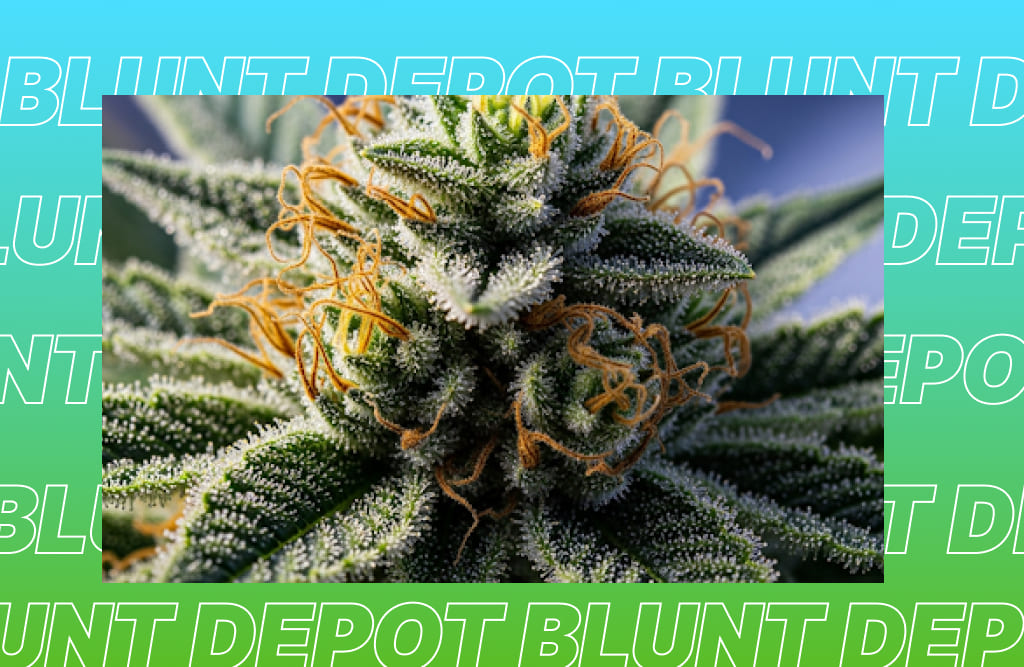
OPEN
Is THCA flower the same as Delta-8?
No, and this is exactly why so many people search “What is the difference between THCA flower and Delta-8?” THCA flower is raw cannabis high in tetrahydrocannabinolic acid, a non-psychoactive compound that only becomes Delta-9 THC when heated. Delta-8 THC, however, is a psychoactive cannabinoid in its existing form. Most Delta-8 on the market is made from hemp-derived CBD through chemical conversion. So, while both are related to cannabis, they differ in chemical structure, psychoactivity, and how they are produced.
Does THCA flower get you high like Delta-8 does?
This is one of the most common parts of “What is the difference between THCA flower and Delta-8?” In its raw form, THCA flower does not get you high. Only after heating — smoking, vaping, or baking — does it convert into Delta-9 THC, which produces the classic cannabis high. Delta-8, by contrast, is already active and will produce a milder high immediately upon consumption. So, if you’re seeking instant psychoactive effects without heat, Delta-8 delivers, whereas THCA flower requires activation.
Which is legal — THCA flower or Delta-8?
Legality is a major part of “What is the difference between THCA flower and Delta-8?” In the U.S., hemp-derived Delta-8 is federally legal under the 2018 Farm Bill if it contains less than 0.3% Delta-9 THC, but many states have banned or restricted it. THCA flower’s legality depends on its potential THC content after decarboxylation — if it exceeds the federal 0.3% limit, it’s treated as marijuana and remains illegal federally. This means that in some states THCA flower might be legal while Delta-8 is not, and vice versa. Always check both federal and state laws.
Which is safer to consume?
When asking “What is the difference between THCA flower and Delta-8?” from a safety perspective, the answer depends on product quality. THCA flower from a licensed dispensary is generally safe if lab-tested for pesticides, mold, and contaminants. Delta-8 safety depends heavily on how it’s manufactured — poor conversion processes can leave harmful residues. For both, buying from reputable, transparent brands with third-party lab reports is essential to ensure purity and safety.
Which should I choose for my needs?
The choice comes down to your goals, and it’s central to “What is the difference between THCA flower and Delta-8?” If you want flexibility — being able to consume raw cannabis for wellness or activate it for a traditional high — THCA flower is the better fit. If you prefer a milder, functional high and legal access in more regions, Delta-8 may be the way to go. Understanding your tolerance, preferred effects, and local laws will help you make the right decision between the two.
